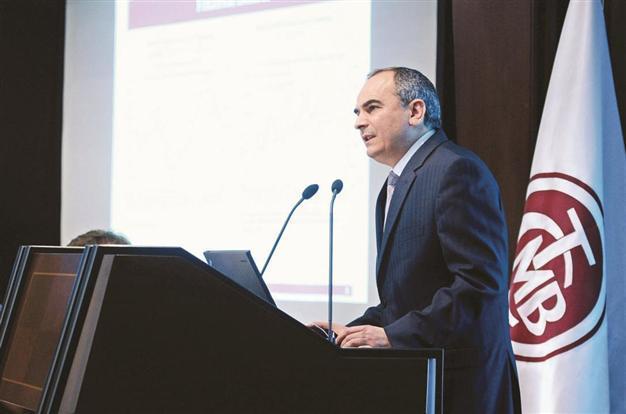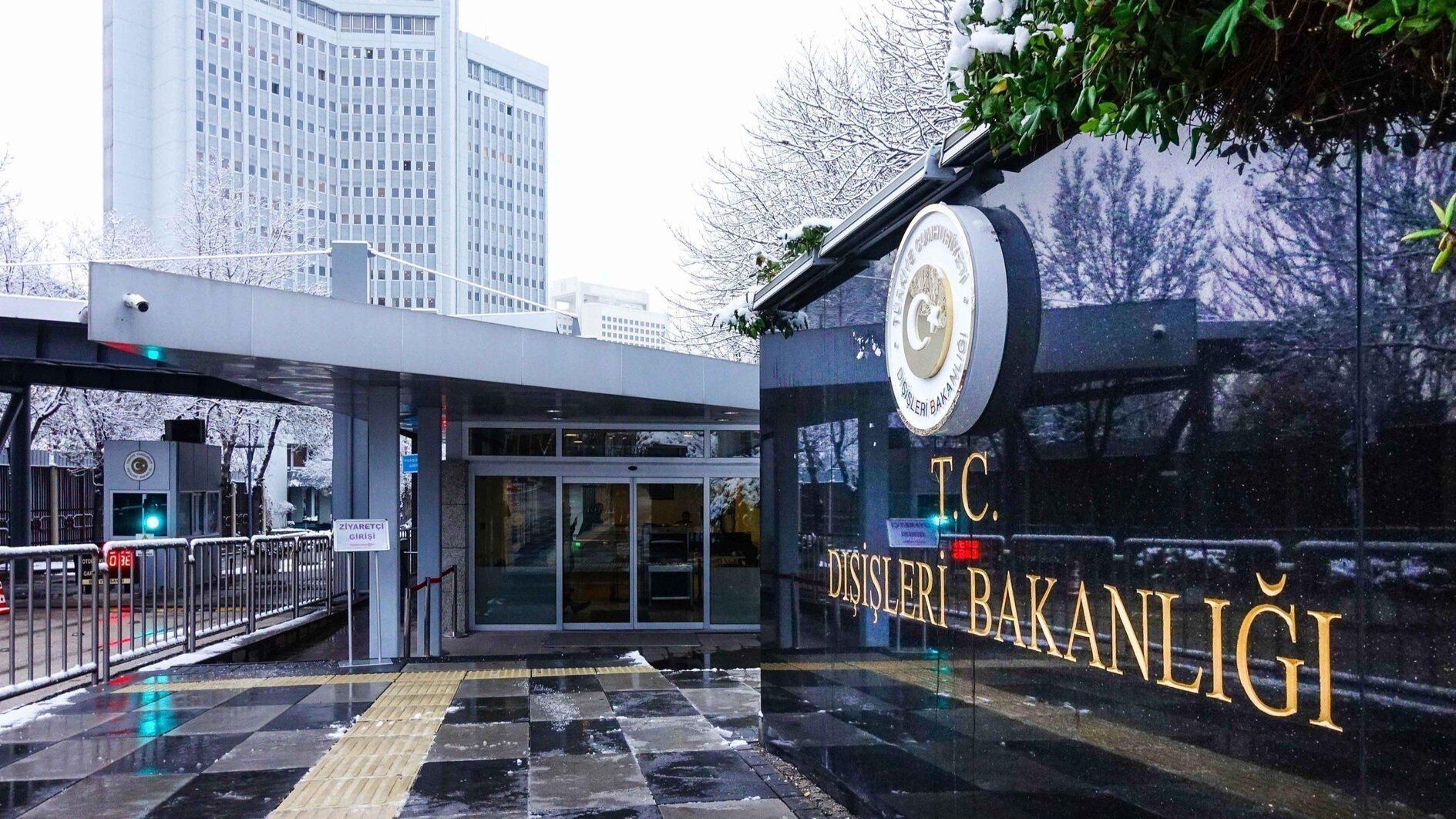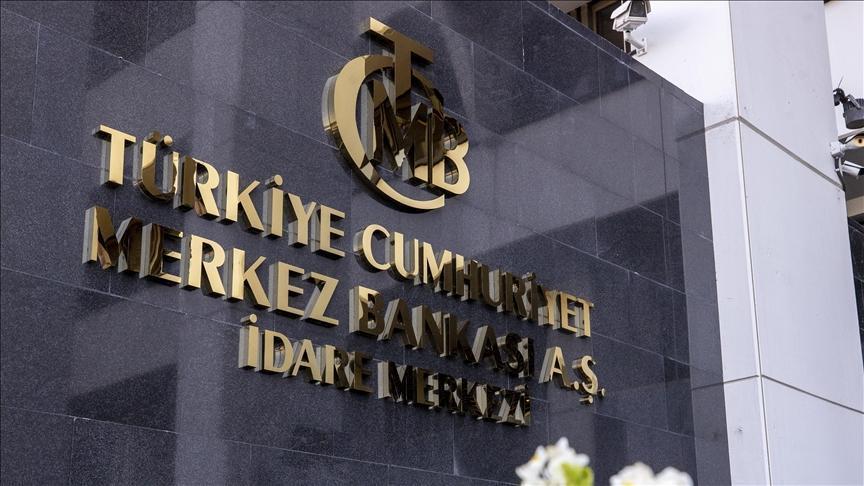Defiant Turkish Central Bank to keep interest rate stable
ANKARA

The Central Bank Governor Erdem Başçı makes a presentation in this file photo. The Bank keeps its reluctancy to raise intrest rates unchanged. v
Turkey’s Central Bank is maintaining its determination to keep interest rates within the announced corridor, despite the risk of the Turkish Lira sliding, and will apply to reserves, it told economists and bankers yesterday.“The clear message that we received was that the interest rate won’t change unless the country’s inflation will change dramatically. The Bank prefers to be predictable in its interest rate policy and states that if this results in the loss of the lira’s value, then it’s content with this,” Garanti Yatırım Strategist Tufan Cömert told Reuters.
This determination obviously decreases uncertainty in interest rates, but raises the danger of volatility in currency rates, as attendees of the meeting said later.
Central Bank Governor Erdem Başçı had previously said on Aug. 28 that the Bank ruled out interest rate hikes and at yesterday’s meeting, who included two members of its rate-setting policy committee and its chief economist but not Başçı himself, the bank repeated its commitement to keep the policy interest rate between 6.75 and 7.75 percent.
Başçı’s speech last week had sent the lira to a record low of 2.07 against the dollar, a drop of around 15 percent from its peak this year, as the markets were curious about is there a more effecive move than raising interest rates at that point.
However, the Bank opted to sustain predictability in short-term interest rates as the most appropriate stance toward turbulence in financial markets, which has been created by fears that the United States Federal Reserve will begin tapering its stimulus soon.
Inflation at core
The country’s main financial regulator also reasserted that it would take the medium term inflation expectations as the main determinant of its policies.
In a different report released on August price changes, the Bank stressed that the depreciation of the lira had resulted in a slight rise in the annual core consumer inflation indicators, but annual headline inflation would ease in the coming months.
The bank also hinted that it would start using gross forex reserves - as well as the net reserves it has employed until now - to manage forex liquidity.
That could mean lowering forex reserve requirements for lenders, thereby boosting dollar liquidity and supporting the lira without adding to the $8 billion of net reserves it has already whittled away at forex auctions this year.
That surprise announcement left economists wondering how the bank would support the currency in the face of fears about an imminent tapering in U.S. stimulus, the conflict in neighbouring Syria, and Turkey’s gaping current account deficit.
Its gross reserves include dollars kept at the central bank by lenders and the Treasury. Reducing forex reserve requirements would cut those gross reserves and leave more dollars in the market, easing pressure on the lira.
The bank could also reduce the “reserve option coefficients” it uses to determine how much lenders must pay if they choose to hold a portion of their lira required reserves in forex or gold, again potentially increasing dollar liquidity.“We will most likely see lower reserve option coefficients and reserve requirements on forex liabilities,” said Burcu Unuvar, a senior economist at Is Investment, adding not everyone at the meeting was convinced the strategy would be enough.
Meanwhile, the attendees of the meeting said that Başçı’s previously confident tone, which had been criticized harshly for jeopardizing the trustworthiness of the institution, was softened in this meeting.
Başçı had earlier said he would not be surprised if the lira rallied to 1.92 to the dollar, or even stronger, at the end of this year. Everybody has since been wondering what the Bank’s next move would be, and its remarks yesterday indicate that reserves will be the main policy tool.
















